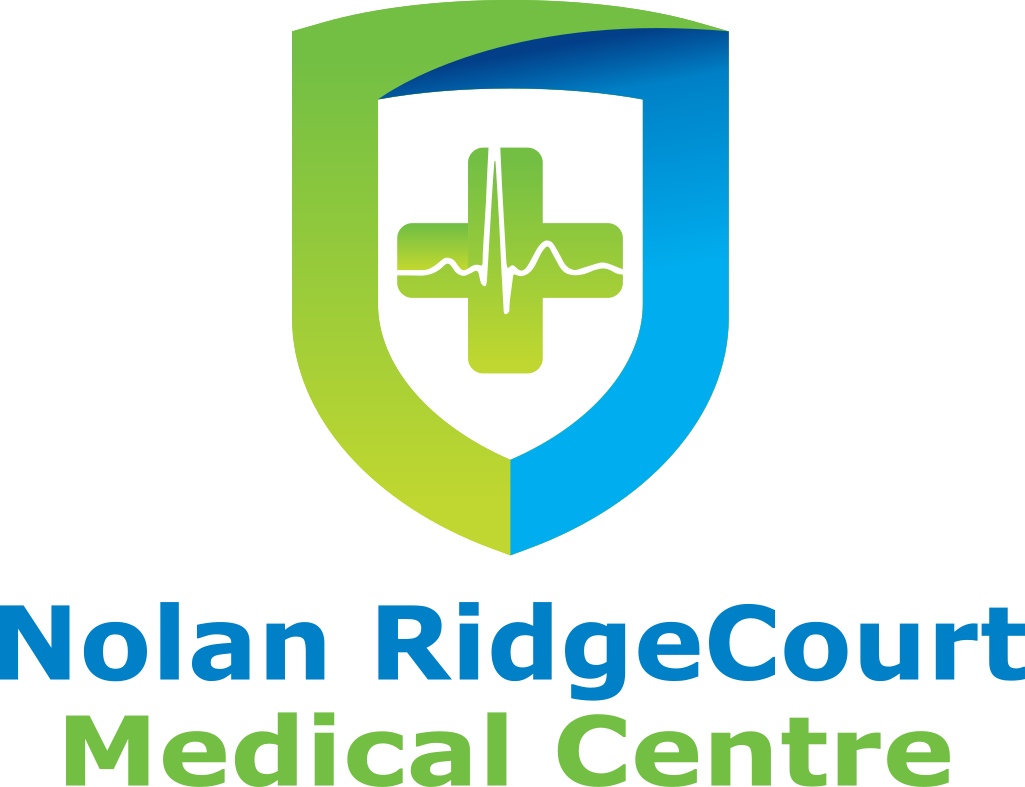
Urinary Tract Infection(UTI)
UTI grows somewhere in the digestive system—bladder, urethra, or even kidneys—when bacteria begin to grow. UTIs influence men and women. Yet typically women are more likely to get UTIs owing to shorter urethras, and bacteria can quickly creep into the bladder.
Women also deal with UTIs since their anus is very similar to their vagina. This means Escherichia coli (E. coli) will quickly penetrate your urethra from your gastrointestinal tract.
Your chance of forming a UTI increases further:
UTI grows somewhere in the digestive system—bladder, urethra, or even kidneys—when bacteria begin to grow. UTIs influence men and women. Yet typically women are more likely to get UTIs owing to shorter urethras, and bacteria can quickly creep into the bladder.
Women also deal with UTIs since their anus is very similar to their vagina. This means Escherichia coli (E. coli) will quickly penetrate your urethra from your gastrointestinal tract.
- Your chance of forming a UTI increases further:
- Use such birth control forms, such as diaphragm
- Menopause changes in the urinary tract
- Poor immune system
- Use frequent catheters
Getting a history of kidney stones or a swollen prostate will concentrate the bladder’s bacteria and urine, which can also contribute to UTI.
What if I have a UTI?
One of a UTI’s most frequent signs and a bladder infection is burning when urinating. Depending on the severity of your UTI and how far the virus has spread, you can also experience:
- Vaginal ache
- Drawback pain
- Usual urination
- Urine cloudy
- Blade leakage
- Tasting urine
- Black or pink semen
- Heavy urination (even if your bladder is empty)
While these indications are telltale indicators of UTI, the only way to know for certain whether you have UTI is to go to Nolan RidgeCourt Medical Centre for urinalysis. Your doctor monitors all the signs and helps you identify the right care and preventive options.
What’s UTI’s treatment?
In certain instances, antibiotics are important to a painful UTI. With a simple UTI, your doctor can prescribe short antibiotics to treat your infection. But if you have regular UTIs, you may require long-term low-dose antibiotics. Your physician will also initiate vaginal hormone treatment to assist with menopause-related problems.
Your devoted Nolan RidgeCourt Medical Centre doctor will also recommend:
- Consume lots of water
- Adjusting birth control
- Cranberry pills or cranberry juice
- Make lifestyle improvements, such as minimizing caffeine intakes
These basic measures will help manage the current UTI and minimize potential likelihood of painful UTIs.
Nolan RidgeCourt Medical Centre has on-site diagnostics for UTIs and urinary infections, so you can initiate care instantly. Submit your test online or by phone at your closest workplace.

